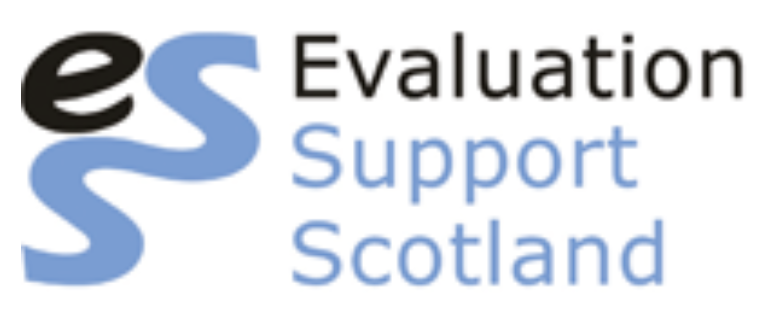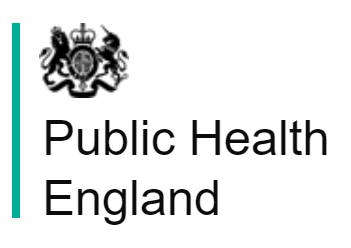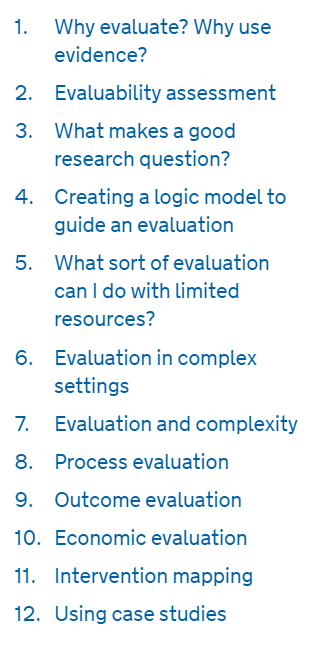Guide to Online Resources
General Evaluation Resources
There is a vast amount of information available to you online that will help you with your evaluations. Here are a few websites we find useful.
 | Evaluation Support Scotland (ESS) works with the third sector organisations and funders so that they can measure and report on their impact. Their website provides an overview of evaluation, written guidance, mini videos and webinars on different aspects of evaluation and case studies. Training is also available to public sector employees when a course has spaces available (third sector workers are the main priority for ESS and will take precedence). |
 | Healthcare Improvement Scotland have published: Evaluating New Models of Care – A Guide for Integrated Care Providers which has a really good list of resources in the toolkit section. This guide is intended to be of practical use to members of Health and Social Care Partnerships and interested others seeking to evaluate new approaches to delivering health and social care. It gives a good, brief introduction to planning and implementing evaluation. It contains a toolkit list of the resources that cover various aspects of evaluation followed by resources that focus on specific areas. |
 | Better Evaluation offers resources such as case studies, webinars, toolkits and events (including workshops and free online courses). It also offers Steps in Evaluation. Some resources are aimed at people planning large evaluations supported by more time and resources than you may have available. Don’t let this put you off, but look for the principles or specific tools that might be useful to you. |
 | Evaluation Works is a toolkit to support commissioning of health and care services in England. |
 | Public Health England have developed a collection of continuing professional development resources for the evaluation of health and wellbeing projects. This includes: An overview of evaluation Guide to Guidance: A review and links to 48 manuals, frameworks’ or guides on evaluation and a review as to their usefulness/what they are useful for CPD materials; Videos, Blogs and PowerPoints on evaluation topics (see screenshot below)  |
 | The Magenta Book Guidance for Evaluation is the recommended central government guidance on evaluation that sets out best practice for departments to follow. It is hoped, however, that it will be useful for all policy makers and analysts, including those in local government and the voluntary sector. It presents standards of good practice in conducting evaluations, and seeks to provide an understanding of the issues faced when undertaking evaluations of projects, policies, programmes and the delivery of services. The Magenta Book is written to meet the specific and practical needs of policy makers and analysts working in public policy and explains: The important issues and questions to consider in how evaluations should be designed and managed The wide range of evaluation options available Why evaluation improves policy making How evaluation results and evidence should be interpreted and presented Why thinking about evaluation before and during the policy design phase can help to improve the quality of evaluation results without needing to hinder the policy process. |
More Detailed Information on Specific Areas
Let us know what areas you are most interested in and we’ll prioritise finding and sharing those resources. We are hoping to conduct a survey too so look out for this on Globals and Partnership websites.
Possible subjects include:
- Deciding whether an evaluation is needed (vs nothing, audit, research)
- Planning an evaluation
- Design
- Sampling
- How to define success (outputs, outcomes, impact)
- Deciding what to measure (indicators)
- Choosing/designing methods and tools for data collection
- Accessing existing data (e.g. hospital, GP)
- Implementing an evaluation e.g. permissions, collecting/storing data, who to involve
- Analysing data/information collected
- Drawing conclusions
- Making recommendations
- Disseminating (or raising awareness of) findings
Anything else? Contact us to give us your suggestions or comments.